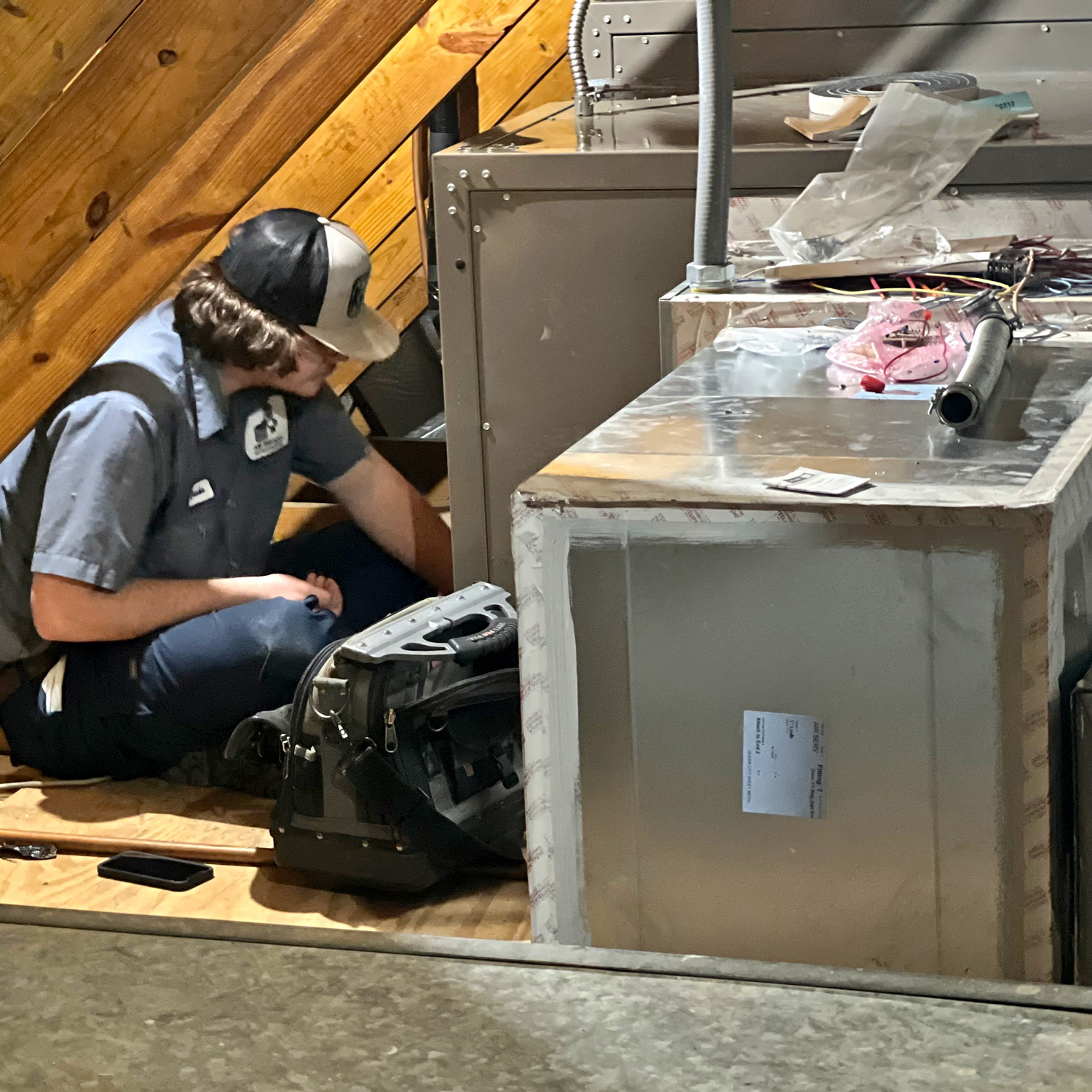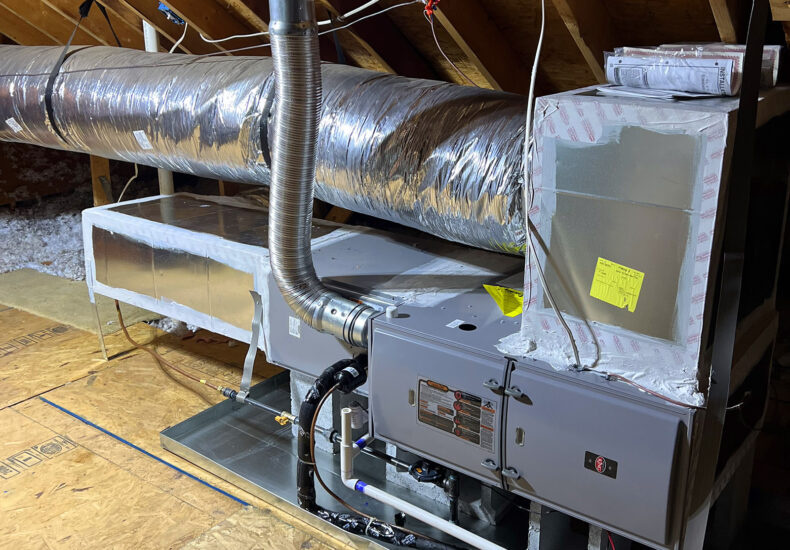
The year 2025 marks a major shift in the HVAC industry, impacting homeowners across the Carolinas. The Environmental Protection Agency (EPA) has enacted new regulations requiring a transition to environmentally friendly refrigerants. This change phases out the widely used R-410A in favor of alternatives like R-454B and R-32. While this shift helps combat climate change, it also presents important considerations for homeowners regarding their heating and cooling systems.
Understanding the 2025 Refrigerant Change
As of January 1, 2025, all newly manufactured residential air conditioners and heat pumps must use refrigerants with a lower Global Warming Potential (GWP) than R-410A. This initiative is part of the EPA’s ongoing efforts to reduce greenhouse gas emissions associated with high-GWP refrigerants.
For decades, R-410A has been a standard refrigerant due to its efficiency and effectiveness. However, its high GWP makes it a target for replacement. The new refrigerants, such as R-454B and R-32, maintain similar performance standards while significantly reducing their environmental footprint.
What This Means for Homeowners
The refrigerant transition now underway affects homeowners in several key ways. Here’s what you need to know:
1. Availability of R-410A Systems
Existing HVAC systems using R-410A can still be operated and serviced. However, the production of new R-410A systems has ceased, making them increasingly difficult to find. As manufacturers fully pivot to systems using low-GWP refrigerants, homeowners considering a replacement should plan accordingly.
2. Rising Maintenance Costs
The dwindling supply of R-410A refrigerant is expected to drive up its cost. Over time, repairs and maintenance for older systems may become more expensive. This is a critical factor for homeowners relying on older HVAC systems.
3. Environmental Impact
Modern systems designed for low-GWP refrigerants are more eco-friendly. By upgrading, homeowners can reduce their carbon footprint and contribute to global efforts to combat climate change.
4. Updated Technician Training
Low-GWP refrigerants require specific handling procedures and tools. HVAC professionals are now fully trained to manage these new refrigerants safely and effectively. Ensuring that your system is serviced by certified professionals guarantees compliance and safety.
Is It Time to Upgrade Your Heating System?
With the refrigerant transition now in effect, many homeowners are evaluating their options for upgrading HVAC systems. Consider the following factors when deciding:
1. Age of Your Current System
If your heating system is more than 10–15 years old, it’s likely less energy-efficient and more prone to breakdowns. Upgrading now ensures you benefit from the latest technologies and refrigerant standards.
2. Increased Efficiency
New HVAC systems are designed to work seamlessly with low-GWP refrigerants and boast significant energy efficiency improvements. This results in lower utility bills and a more comfortable indoor environment.
3. Long-Term Cost Savings
Though upgrading requires an initial investment, modern systems often qualify for energy rebates and provide long-term savings through reduced maintenance and operating costs.
4. Reliability
Older systems may struggle to keep up with demand, especially during peak heating or cooling seasons. Replacing an aging system with a modern one eliminates the risk of unexpected breakdowns.
Why Choose Air Services of the Carolinas for Heating Installation?
Air Services of the Carolinas has extensive experience helping homeowners navigate the complexities of HVAC upgrades. Our team is committed to ensuring you have the right system for your home, tailored to your comfort needs and budget.
1. Expert Installation
Our technicians are trained in the latest technologies and best practices for systems using low-GWP refrigerants, ensuring a smooth and efficient installation process.
2. Energy-Efficient Solutions
We offer systems that maximize energy efficiency, reducing your environmental impact and lowering your utility bills.
3. Comprehensive Support
From selecting the right system to ongoing maintenance, we provide end-to-end support to keep your HVAC system running smoothly.
4. Future-Proofing Your Home
Upgrading with us ensures your system is compliant with 2025 refrigerant standards, giving you peace of mind for years to come.
FAQs About the 2025 Refrigerant Transition and HVAC Upgrades
Can I still use my R-410A system in 2025?
Yes, existing systems using R-410A can still be used and serviced. However, repairs may become more expensive over time as R-410A supplies diminish.
What are the benefits of upgrading to a low-GWP refrigerant system?
Upgraded systems are more energy-efficient, environmentally friendly, and easier to maintain with readily available refrigerants.
How do I know if it’s time to replace my heating system?
Signs include rising energy bills, frequent repairs, uneven heating, or if your system is over 15 years old.
Are there incentives for upgrading to an energy-efficient system?
Yes, many programs offer rebates for installing energy-efficient HVAC systems. Contact us to learn more about available incentives.
What happens if I wait to upgrade my system?
Delaying may result in higher maintenance costs, limited availability of parts, and increased expenses for repairs as R-410A becomes scarce.
Is a new system worth the investment?
Absolutely! Modern systems save on energy costs, improve comfort, and align with current environmental standards, making them a worthwhile long-term investment.
Prepare for the HVAC changes of 2025 with confidence. Contact Air Services of the Carolinas today to discuss upgrading your heating system and ensuring your home stays comfortable and efficient in the years ahead!

